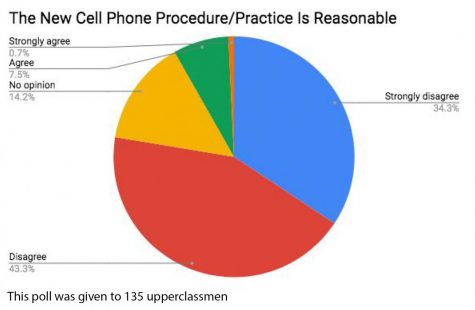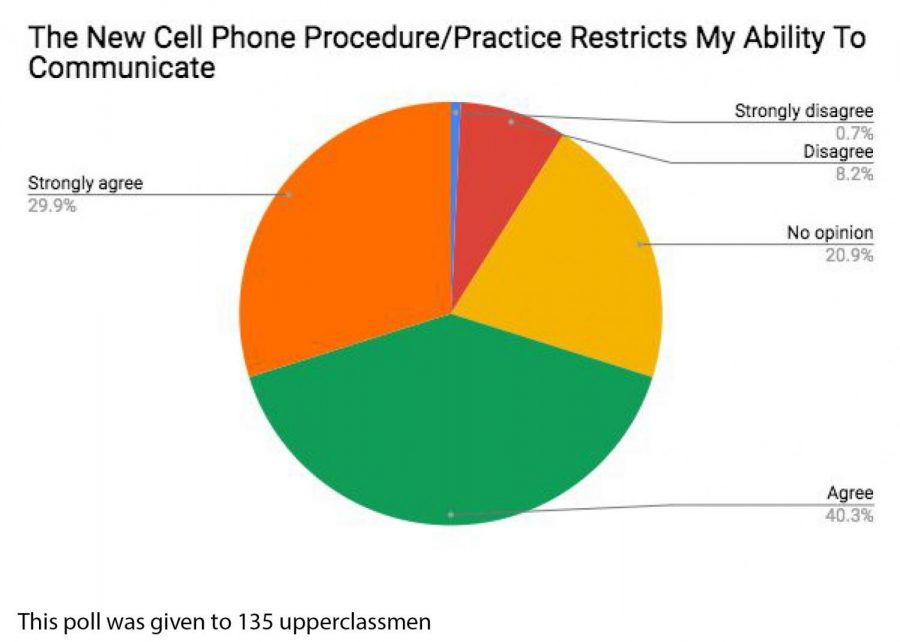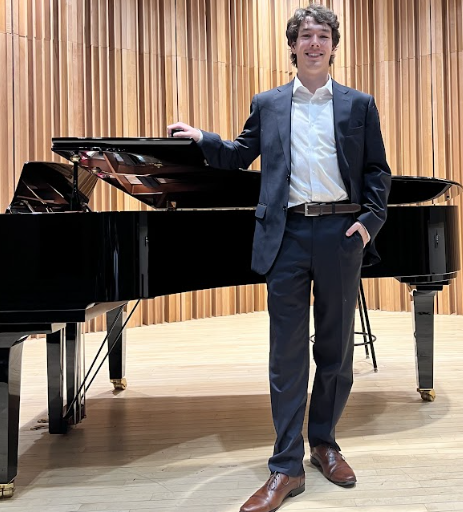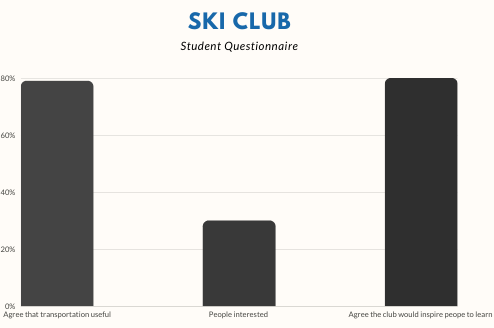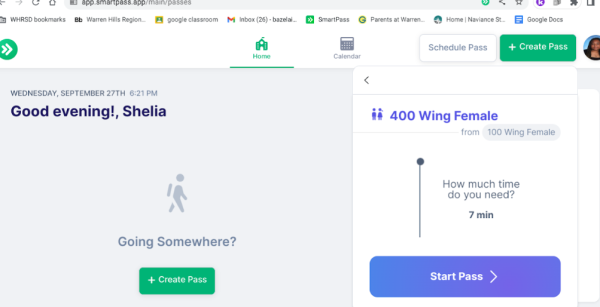New Phone Practice Gets Mixed Reviews
Upperclassmen may recall when they could use their phones seemingly whenever they pleased and could block out the loud, bustling hallways with their noise-cancelling earbuds.
Now, the administration and teachers are enforcing a new practice by cracking down on all cell phone use. Students are only allowed to use one earbud in the halls, and once class starts, the phones must be out of sight and out of mind. But what caused such a drastic change?
According to Principal Christopher Kavcak, “The new practices are the result of input from teachers at the end of the school year: that the cell phones are a huge distraction in the classroom.”
Kavcak said that while the “Pupil Use of Privately-Owned Technology” policy as a whole did not change, the administration has adjusted its approach and consequences for student use of electronic devices.
“The administration discussed the input of the teachers and our own observations throughout the year,” said Kavcak. “We looked at the number of incidents and the number of repeat incidents to formulate the new consequences. We also gathered input from area high schools.”
Kavcak also said that, although for curricular and technology purposes, several teachers visited schools around the area and couldn’t help but notice how different their student phone use was from Warren Hills.
These teachers visited schools such as North Warren, Belvidere, Phillipsburg, and Hackettstown.
“I noticed that students were not using their cell phones in class,” said History teacher Ingrid Garofalo. “I also noticed that no one was using them during passing time. I felt that there was significantly less use of cell phones at the other schools I visited. The students also seemed more focused and engaged in class without the distraction of cell phones.”
Along with the distraction concerns, Kavcak said the administration also determined earbuds pose a safety hazard.
“In the hallways, many students could not hear because they had two earbuds in, or they were wearing noise-cancelling headphones,” he said.
While these new practices generated a mostly negative response from the students, it was the practice of not allowing individuals to listen to music with earbuds in that drew the most negative comments.
In a poll conducted by The Streak, many students indicated that they prefer to listen to music while working in class. Rather than becoming a distraction, many pointed out that it actually helps them focus.
“For those of us who suffer with anxiety, music can help us calm down,” said senior David Genthe. “Also, the effectiveness of doing class work goes up when listening to music; we become more focused on the task at hand, which produces better results.”
Junior Deja Mitchell agreed.
“It helps us concentrate,” she said. “It’s the student’s fault if they don’t choose to learn. And if we’re done with work, we’re bored.”
Junior Phoenix Dougherty pointed out that there are times during class when individuals should be allowed to listen to their music.
“You should be able to listen to music during class if you’re not doing a lesson and only doing worksheets,” she said. “Also, the ‘only one headphone’ rule is ridiculous. Students can generally hear with them in, or someone will alert them. We’re not five years old.”
Senior Tristan Leiby has a similar response.
“I think the teachers should allow students to be on their phone as long as work is getting done,” he said. “The teacher also has the right to tell them to put it away.”
For Garofalo, however, the new phone practices seem to be a mostly welcome change.
“I feel that students are more focused in class now,” she said. “A big change I noticed is that people are walking faster in the hallways since they are not playing with their phones as much.”